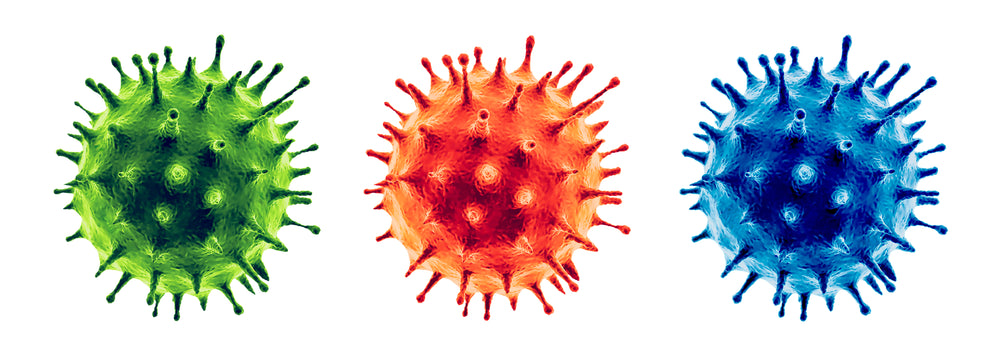Your Cart is Empty
The CDC is studying mortality rates and other data associated with the new UK variant (B.1.1.7). Though the agency is yet to make any formal conclusions, there is growing evidence that this variant is more dangerous.
Epidemiologist Michael Osterholm, who is also a member of the current administration’s COVID-19 Advisory Board, reviewed reports from the UK alongside other data that is not yet accessible to the general public. And he is“convinced” that the new variant is in fact deadlier. He said,
“The data is mounting -- and some of it I can't share -- that clearly supports that B.1.1.7 is causing more severe illness and increased death. Already we know this variant has increased transmission, and so this is more very bad news."
Furthermore, a UK report only released on Friday, has also informed officials of the“realistic possibility” that B.1.1.7 has a higher mortality rate than other variants.
While the collected data is neither conclusive nor official, it has lead UK Prime Minister Boris Johnson to say,
“There is some evidence that the new variant ... may be associated with a higher degree of mortality."
This particular variant (B.1.1.7) has already been found in 22 states, only three weeks after the first case was reported in Colorado. According to the CDC’s forecast, it could be the predominant variant in the country by the end of March.
While B.1.1.7 alone is threatening enough to deal with, the nation has now spotted another extremely transmissible variant — P.1, also known as the Brazil variant. On Monday, Minnesota officials reported detecting this strain in a local who had recently traveled back from Brazil.
This rapid influx of variants led President Joe Biden to reinstate a ban on travel to the US from South Africa for most non-US citizens, while also restricting travel from Brazil, Ireland, the UK, and 26 other European countries.
Health officials are extremely concerned about what the detection of these variants could mean for the US in the coming months. One emergency physician Dr. Leana Wen said,
“We've seen what happens in other countries that have actually had coronavirus under relatively good control, then these variants took over and they had explosive spread of the virus, and then overwhelmed hospitals."
While the nation is now headed in the right direction, given the decreasing rate of infections and hospitalizations in 42 states, this improvement could be easily reversed if the new variants take over.
So how can we prevent that? How can we avoid catching these variants?
Experts suggest that we will have to be far more vigilant and even restrict some of our daily activities. Wen says,
“If there is something more contagious among us, if we thought that going to the grocery store before was relatively safe, there's actually a higher likelihood of contracting coronavirus through those everyday activities.
While discussing additional preventive measures, Wen advised,
“Wearing an even better mask, reducing the number of times that we have to go out shopping, or in indoor crowded settings, all of that will be helpful”
“A better mask” according to the health officials is a mask with multiple layers. The CDC has stated that an ideal mask should have three layers, where the middle layer acts as a filter — just like Space Mask.
